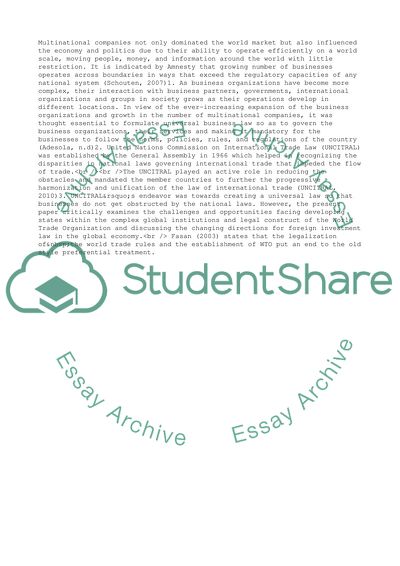Cite this document
(The Changing Role of Foreign Direct Investment in Microfinance Capital Case Study - 3, n.d.)
The Changing Role of Foreign Direct Investment in Microfinance Capital Case Study - 3. Retrieved from https://studentshare.org/business/1743546-international-business-law
The Changing Role of Foreign Direct Investment in Microfinance Capital Case Study - 3. Retrieved from https://studentshare.org/business/1743546-international-business-law
(The Changing Role of Foreign Direct Investment in Microfinance Capital Case Study - 3)
The Changing Role of Foreign Direct Investment in Microfinance Capital Case Study - 3. https://studentshare.org/business/1743546-international-business-law.
The Changing Role of Foreign Direct Investment in Microfinance Capital Case Study - 3. https://studentshare.org/business/1743546-international-business-law.
“The Changing Role of Foreign Direct Investment in Microfinance Capital Case Study - 3”. https://studentshare.org/business/1743546-international-business-law.


